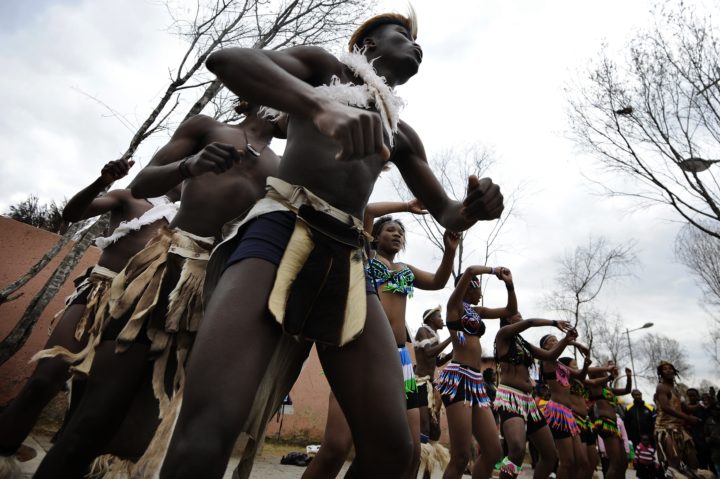After one year of a judicial battle between indigenous people of South Africa and the US-based technology company Amazon regarding the construction of the company’s facility in Cape Town, the country’s court announced that the building of Amazon’s Africa Headquarters is halted in South Africa. This ruling was a win for indigenous groups who have claimed this land is sacred. The judicial battle started last year, as Travel Noire reported in June 2021.
According to South Africa’s court “the fundamental right to culture and heritage of indigenous groups, particularly the Khoi and San First Nations peoples, is threatened in the absence of proper consultation”. The announcement was only made public on Sunday.
The court has blocked the work on the building of Amazon’s Africa Headquarters, which was previously being used as a golf course, until there is engagement and consultation with the affected indigenous communities, according to Reuters.
The decision recognizes that some indigenous groups supported the Amazon project in exchange for the construction of a media, culture and heritage center on the site to be operated by them. However, the Goringhaicona Khoi Khoin Traditional Indigenous Council of Goringhaicona and a neighborhood association petitioned the High Court to halt the project.
Many people in those communities complain that they still suffer from huge social inequalities and lack of economic opportunity, and say their history continues to be ignored.
The Khoi and San peoples were the first reported inhabitants of South Africa. According to Reuters, the San roamed as hunters and gatherers for tens of thousands of years, while the Khoi joined them as herders more than 2,000 years ago.
Some of the descendants are opposed to the development of the River Club, where Amazon has plans for a hotel, offices and residences, as the complex would be at the confluence of two rivers considered sacred, the Negro and the Liesbeek.
The construction of the complex is worth roughly $ 255 million and Amazon already employs thousands of people in data hubs in Cape Town to work in the facility. The construction of the complex was seen by South Africa’s government as an opportunity to increase jobs through encouraging foreign investment in the country. According to official data, more than a third of South Africans are out of work.
